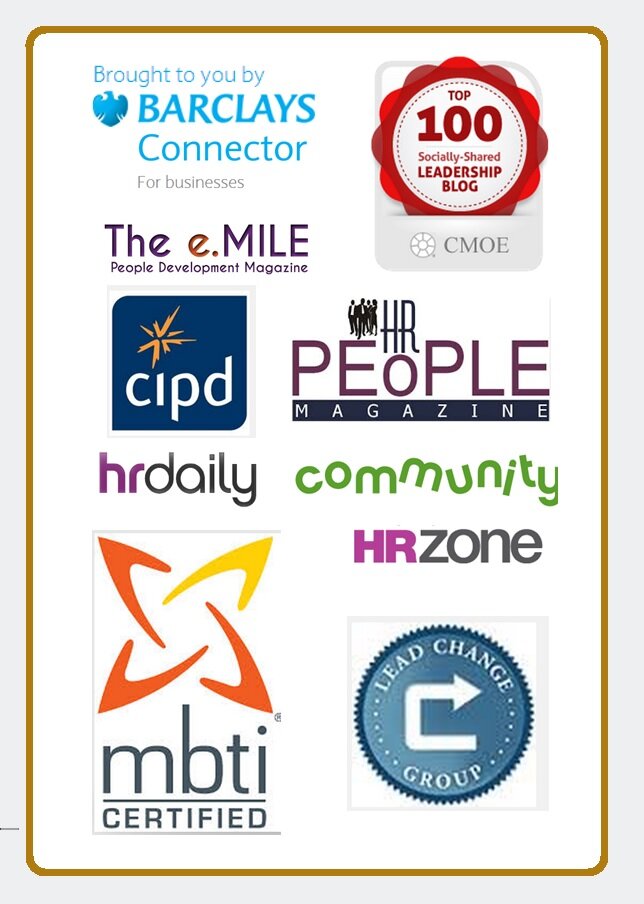 Building Reputation through your Employees is always the first step
Building Reputation through your Employees is always the first step
It is even more important to encourage behaviours and demonstrate values which enhance your reputation. There is a lot of competition out there. Businesses are growing stronger through the power of networking, collaborating and becoming social. Great businesses have already caught on to the fact that building reputation is a multi-faceted process which of course includes customers, but also stakeholders and employees. Increasingly employees have a voice and it is being heard.
You and I both know that when we do business with a company, it’s not usually the leader or the marketing manager we are transacting with. It is the people who work in that organisation. We all have tales of great customer service and poor customer service. And people in the organisation are the experience we remember.
Many of your people will be great at what they do: Some will know what to do, but won’t always, and some will likely need more information. In some respects the levels of ability are a bit of a red herring, because what will be infectious is your employees’ attitude about you as an employer. I would rather have a room full of people who loved the business, bought into the concept but needed some training, than fully trained employees who were luke-warm or even disliked the organisation.
Your customers will get vibes off your employees
Not only will customers get the vibes off your employees; It can’t be helped, energetically we are all giving off vibes; even more importantly, your employees are likely connected in a way they have never been before in human history. Such is the power of social media.
Knowing that my employees were a kind of social media business card for my business could well fill me with horror. The truth is, if as a business you make a gaffe that is newsworthy, then it’s entirely possible many many people would know about it in seconds. We all know bad news is inevitable.
Consider the potential for either sharing good news or bad news. All of your employees have friends, family, social networks, whether they are online or not. What your employees are saying about you, your business, your product, your service, is vital.
It follows that it’s increasing vital to know what you are building with your team. What do they think? What are they saying to friends and family and potential customers about your business?
Ask your employees what they think
I talk to people a lot about their work. I ask them whether they like it or not. Whether they believe in what they do. I can honestly say that I have met people who love what they do, they are enthusiastic, and they believe that the organisation’s mission is their mission. These are the people we would all love to have working with us.
I have also met people who detest what they do. They don’t buy into the company values; they don’t respect what the company does. But they come to work because it’s a job; they need to feed their kids. You can usually spot these people in your team. They can’t help their attitude. While this is a problem, it’s an easily identifiable problem, and you can do something about it.
But what about the people who are in the middle? They quite like their job; they are rubbing along quite well. They aren’t too bothered about what you do, it pays well, and as far as their own responsibilities go, they do what they have to do. Are you content with the messages they are giving? If your employees are pretty neutral about the work they do, then it will come as no surprise that those who should be the biggest resource building your reputation are not talking about your business in the way you would like.
Your employees are one of your biggest advertisements. What they think say and do is totally representative of your organisation. Your business is the sum total of all of your employees, like it or not.
If you don’t know what your employees think about your organisation, ask them. Don’t make assumptions. Just because you think your idea’s are the best thing since Edison invented the light bulb, doesn’t mean your employees share that thought. If they don’t think much of your business, then you have work to do.
If you are a leader, you are continually developing and "Sharpening the Saw". If you lead and manage teams, then you must read about our Inspirational New Leadership Programme. Sign up now to find out more details when we launch in July 2014. There is no obligation to undertake the programme, if you sign up today, you will simply be sent more information about the programme. You can unsubscribe at any time! Click below to register for further information.



 Finding balance while pursuing excellence
Finding balance while pursuing excellence



